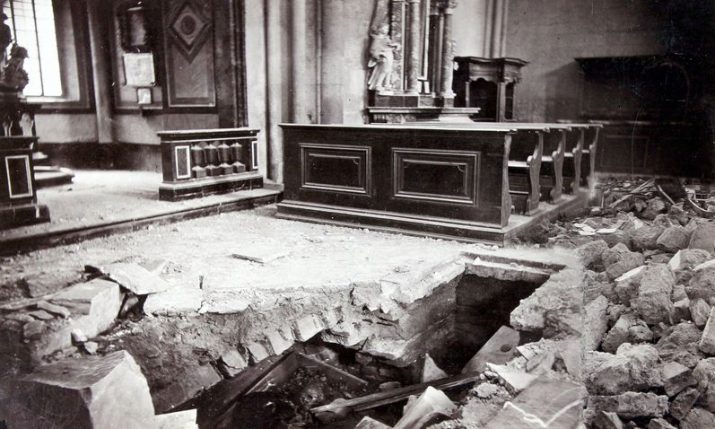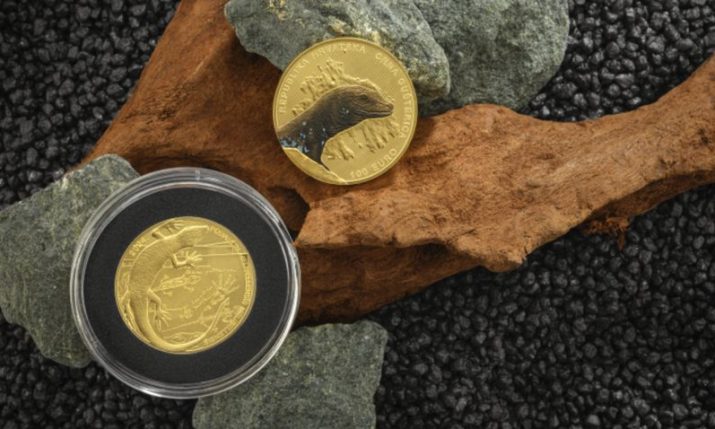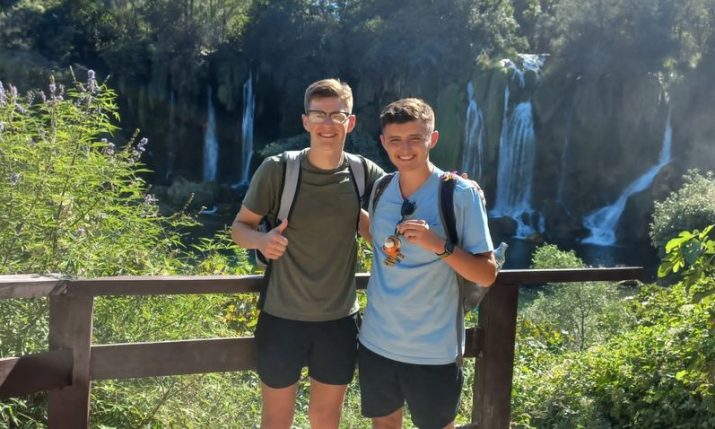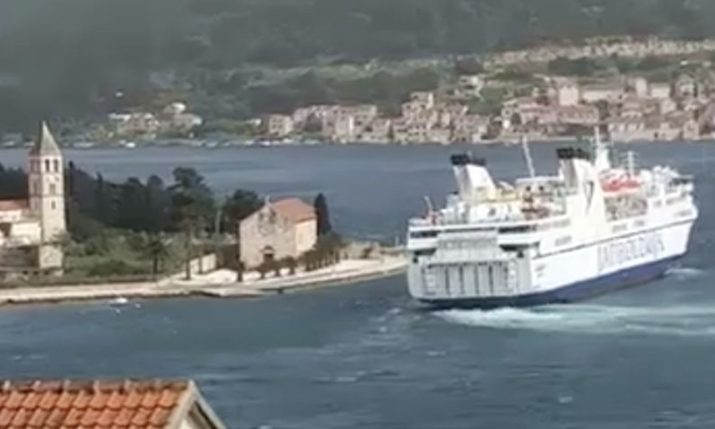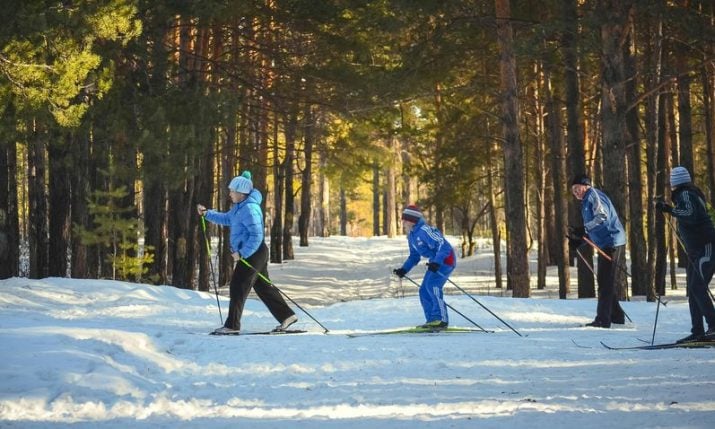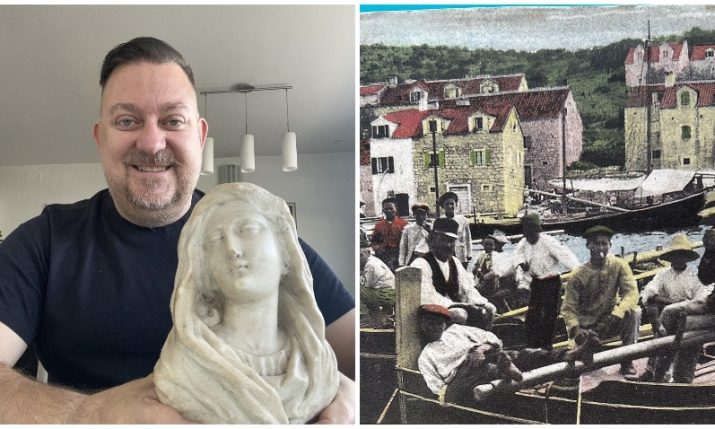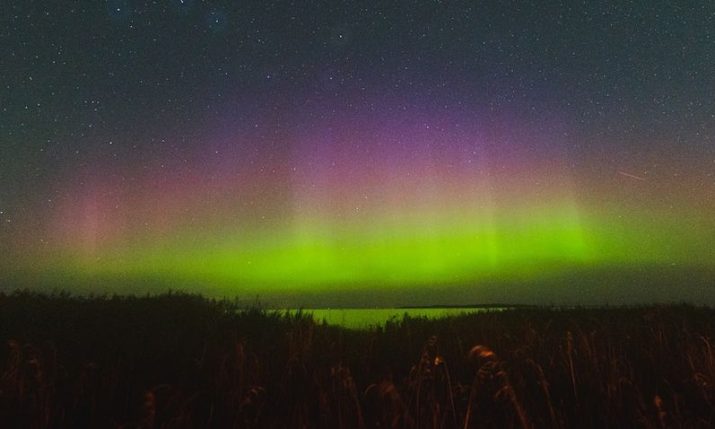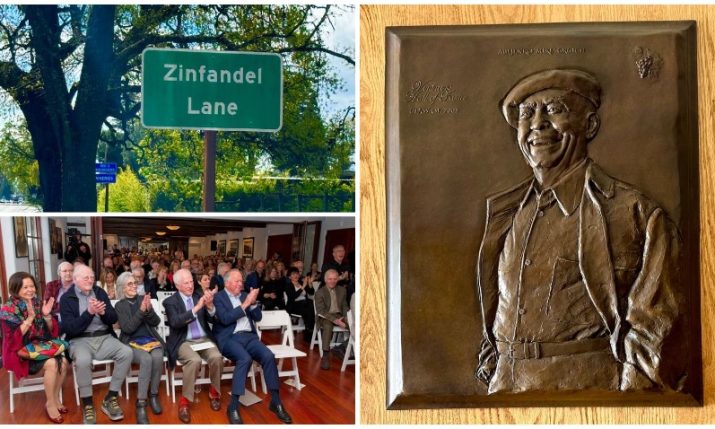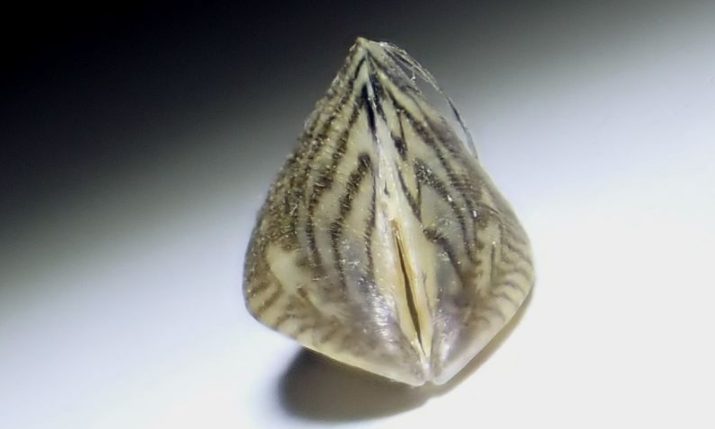Coronavirus, earthquake but peace in the soul, reflections from Croatia
- by croatiaweek
- in News
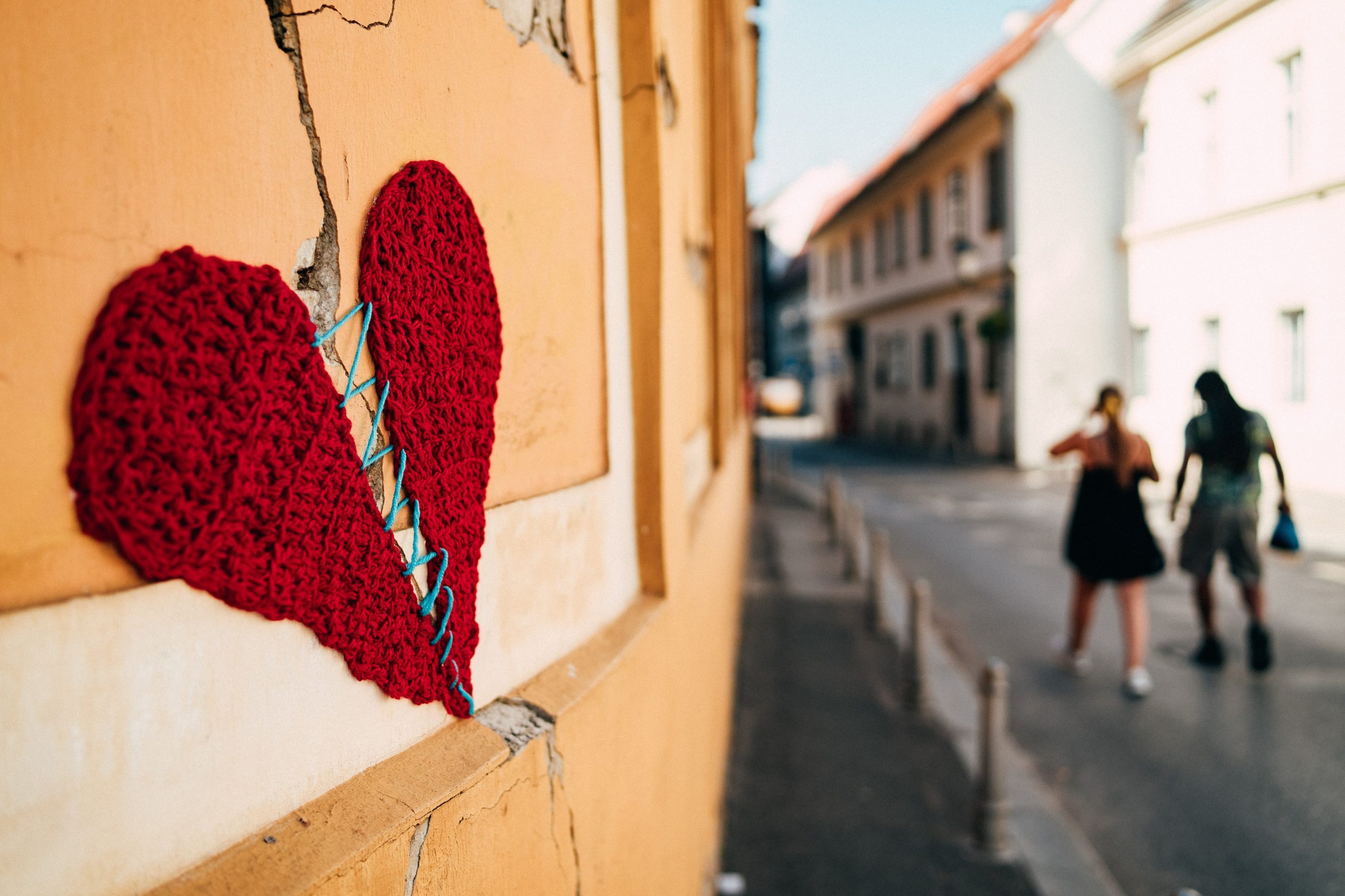
Zagreb (Voona for Okolo // Around festival, photo Borut Planinc)
With the devastating earthquake in the Croatian capital Zagreb on Sunday coming amidst the coronavirus pandemic, Miki Bratanic reflects back to his home island of Hvar during World War II and to Vukovar during the Homeland War and links it to the present-day in his piece below from his soul.
Coronavirus, earthquake but peace in the soul
I’ve been home for the third week now. Not because I have to, but because I can and because I felt it was best. Occasional work from home has long been an integral part of my life. I got used to it. Maybe that’s why I can now help others get used to it. The apartment has become our office, classroom, gym, promenade, rest area, and welfare centre these days.
We are expecting a full quarantine announcement so we will all need to be at home. The coronavirus, though, is not just some “duck” that has briefly filled the front pages of newspapers like the other epidemics we remember from years past. People in the world are dying, in big numbers.
We are a family with two children, who are no longer children but sometimes act like children. Like all of us, we have purchased crisis food supplies, though food is the last thing lacking in today’s world. I am a child from the village, and my humble great-grandfather’s habits that know how to live and survive with little, very little are still in my genes. Salty anchovies and a little oil are enough for me.
I am using this spare time and lack of work to finish writing a book I started a long time ago. In it, I describe the most tragic event in the history of my island place. In that fatal year in January 1943, in the winter, the Italian fascists almost completely set it on fire. There were only a few houses left, including my family’s. All our wider relatives moved into it to have a roof over their heads. I’m sure not everyone had their own plate, or spoon and fork, and not to mention the quantity and quality of food. Dried figs, carob or almond were the main sources of calories, if there were any.
As I write this, I observe my children who are no longer children, making frequent pilgrimages to the refrigerator. It’s full of course. They are looking at how full it is and do not know what to do. They can not decide what to take.
I don’t watch TV, but I do skim through the news on my smartphone. In Zagreb, one day police were informing people in crowds that they were to stay in their houses. A strong earthquake drove the population to the streets the following morning. It’s like someone is playing with us.
I follow photos and videos that are disturbing. Children from the damaged hospital are being evacuated. I call friends and acquaintances in our capital. Everyone is well, but visibly upset and scared. How could they not?
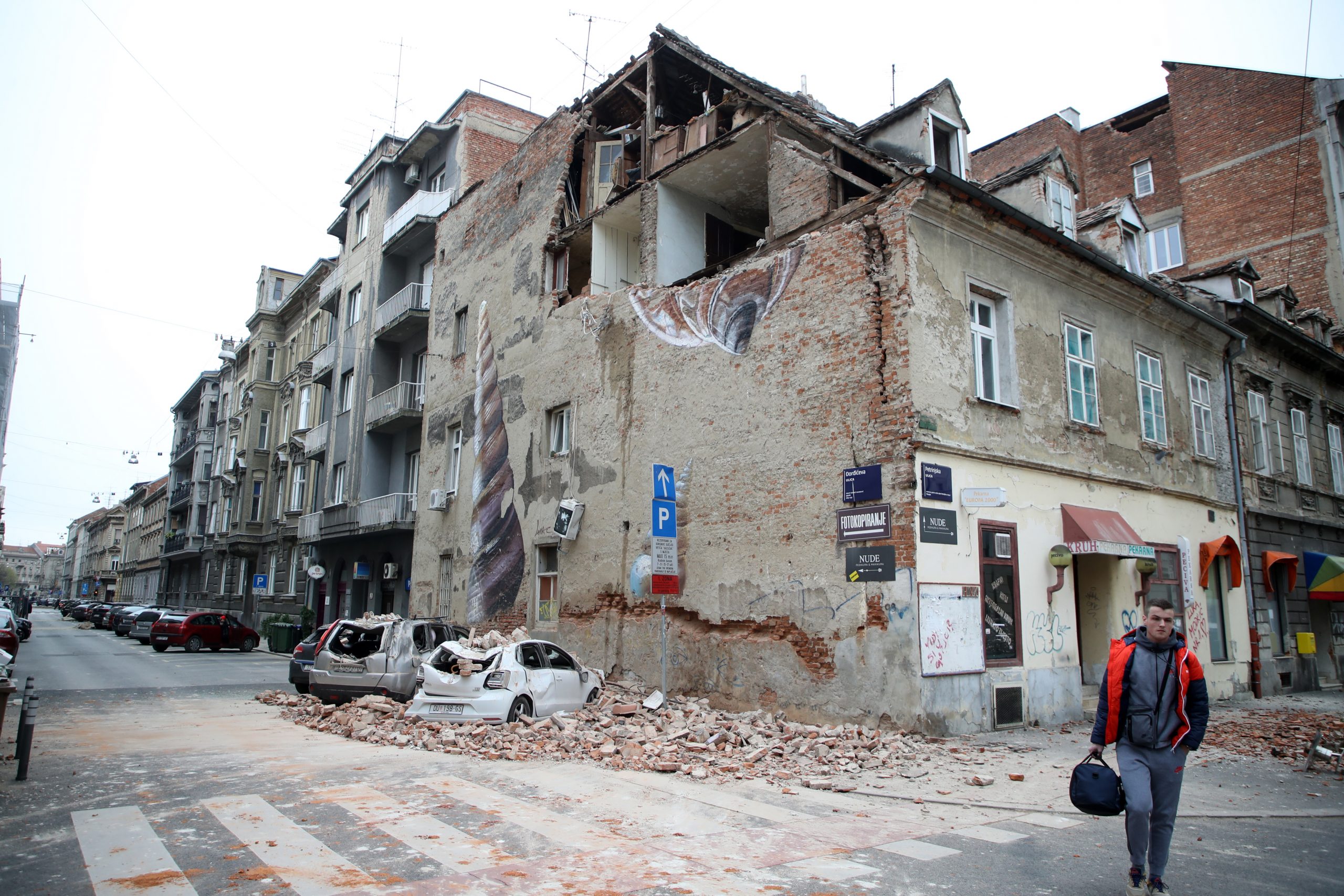
Zagreb after Sunday’s earthquake (Photo: HINA/Damir SENČAR)
I’m sitting on my laptop with the intention of continuing to write about my peoples’ distress from World War II.
And then I think of the collapsed buildings and the people in the basements. I remember Vukovar. I imagine a family with children in the dark and uncertainty. I find those pictures of ruined houses and ruined congested streets that are unrecognisable.
No electricity, no water, no food, nothing.
Our defenders come to my mind. They suffered from a shortage of everything: from the shortage of ammunition to the shortage of our gratitude.
We are not at war today, but this is one big battle, a fight for life. Perhaps it is these past tragic experiences that help us. They can certainly help us, I can feel it as I take a few almond seeds and satisfy my hunger. Maybe we all kind of flew together and forgot to walk, and now someone has forced us to crawl. And I’m not wondering who that someone is because it doesn’t even matter. It is important that we read the messages and understand them.
I call my business colleagues in Italy. Of course, we are all concerned about survival, but we also subconsciously think about the future. What after the coronavirus? And when will it finally be ‘after’?
I also called my mother. She recently had a stroke. She is now disabled. She is upset by the news and is very concerned about us. And I care very much for her, but also for my father. I worry because they are the most vulnerable group that can be most seriously affected and killed by the coronavirus.
It seems to me that we all worry about something and about someone.
Still, I somehow feel at peace. Peace in my soul.
Something deep inside me tells me everything has to be the way it is. And that we should not strive to change what it is, but ourselves. We need to adapt to these situations. The buildings will be repaired, we will become immune to the virus, and my mother will walk. I believe that.
I await Maundy Thursday before Easter and Following the Cross (Za Križen) this year in a special way. The Nazis failed to break the five-hundred-year-old tradition in 1944 with their ban, neither and the smallpox epidemic in 1972. Since my childhood, I have only stayed home once due to illness.
I believe that the crosses will still visit our places, at least with their own crusaders, and that with their blessing they will bring us the much desired and necessary health.
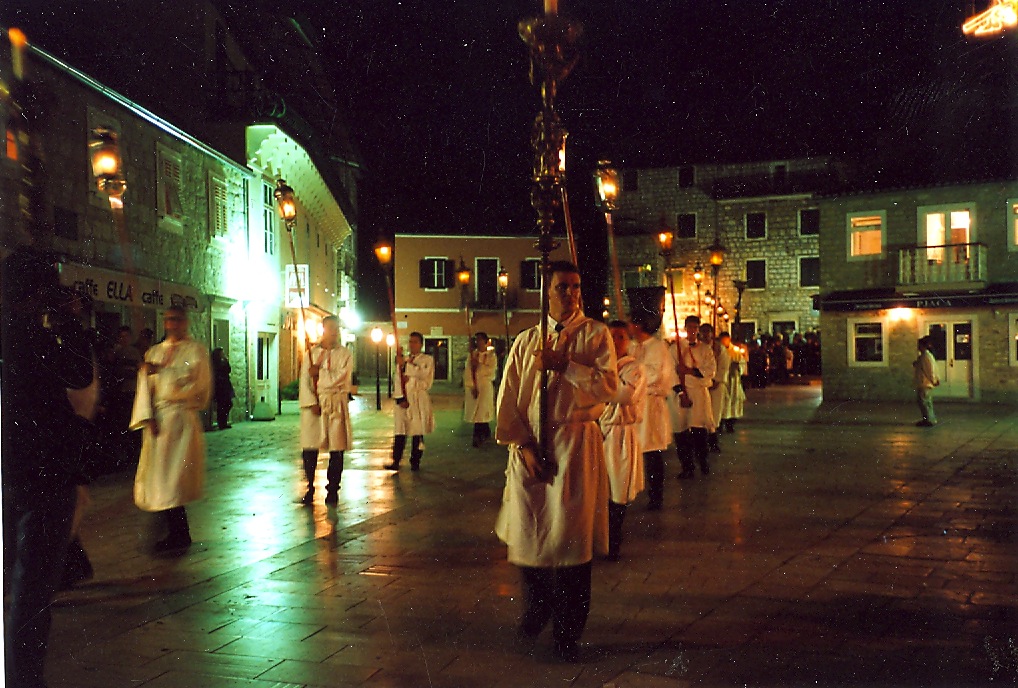
Following the Cross is a tradition which has been going on for 500 years on Hvar (Photo: E, Mil Mil, under CC license)
And we will pray at home. To pray for ourselves, for our fathers and mothers, grandparents, for friends and for the whole world. To pray for health. To pray for peace.
My message: let’s stay home, but stay connected and become better, much better people.
Miki Bratanić is the owner of a traditional Dalmatian konoba in Vrbanj on the island of Hvar which is a protected cultural heritage of Croatia. His “Story of the Konoba” project to preserve and promote Croatian cultural heritage has seen him author three books.

